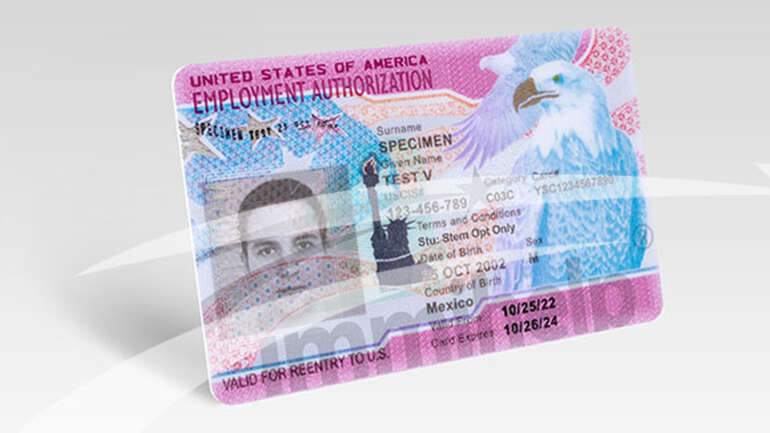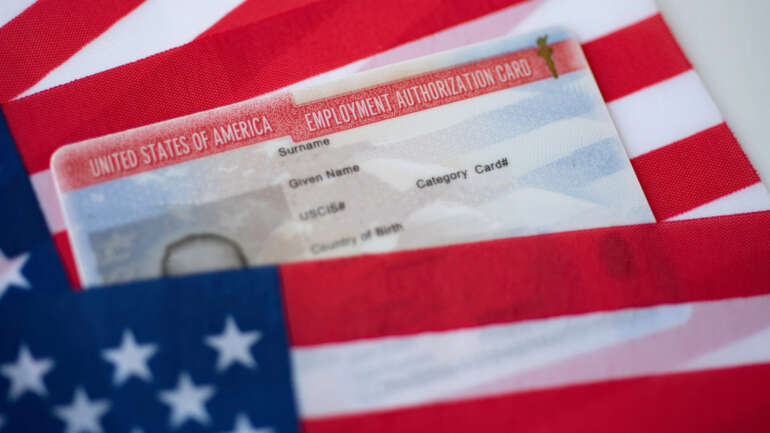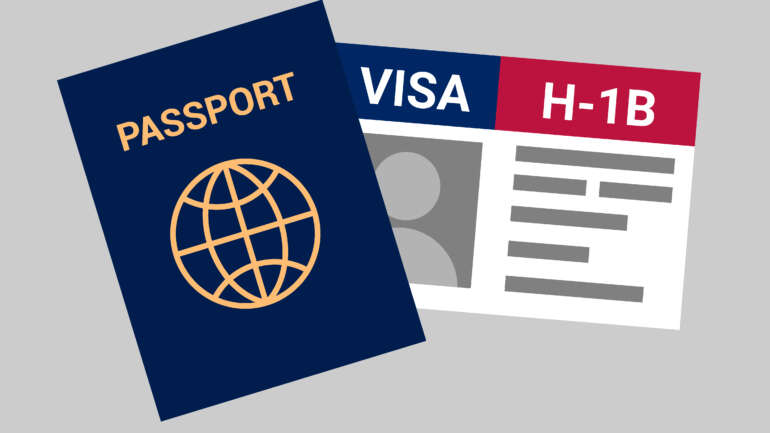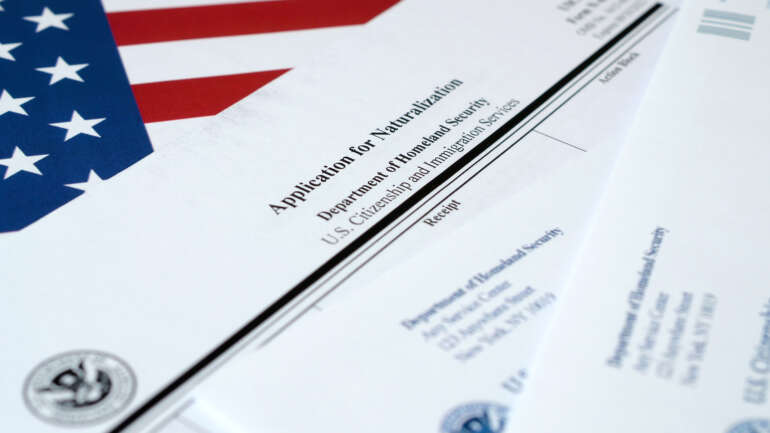Starting January 13, 2025, DHS permanently extended the automatic renewal period for Employment Authorization Documents (EADs) to 540 days for eligible categories such as pending asylum applicants, spouses of principal E-1, E-2, E-3 and L-1 unexpired I-94 showing their status. This measure addresses significant processing delays and aims to reduce employment disruptions for affected individuals. Please see the following link…






